PR Designs, LLC
Bring Your Vision to Life with High-Quality Marketing Products & Services
Elevate your earnings with a powerhouse marketing strategy designed to sell your products/services like hotcakes. Free up your calendar to scale new business heights while we ensure your message captivates potential customers, boosting your bottom line!


Turning Ideas into Visual Masterpieces
Your creative partner for high-impact marketing products that captivate and convert. We transform your vision into stunning visual solutions, from custom prints and promotional materials to eye-catching branding assets. Whether you’re launching a new business, refreshing your brand, or elevating your marketing strategy, we’re here to bring your ideas to life with clarity, creativity, and purpose.

Services
Showcasing Our Best Work
Explore Our Comprehensive Marketing Products and Solutions for Your Brand

Logo Design
Our logo design service transforms your brand’s essence into a clean, memorable visual identity.

Promotional Products
From apparel and drinkware to corporate gifts and trade-show essentials, we provide impactful products that keep your brand top of mind.

Custom Branding
From color palettes and typography to branded graphics and marketing assets, we create a unified look that strengthens recognition and elevates your brand presence.

Social Media Management
We handle the planning, creation, and monitoring so you can connect with your audience and grow your brand without the stress.

DIY Digital Downloads
Perfect for small businesses and creators, these easy-to-edit files help you elevate your branding, marketing, and content—without the cost of custom design.

ETSY Listing Configuration
We craft listings designed to boost visibility, attract buyers, and increase conversions—so you can focus on creating while we handle the strategy.

Acuity Scheduling Development
We optimize your scheduling system to save time, streamline client interactions, and support smooth, professional operations.

Shopify Store Development
From custom layouts and product setups to seamless integrations and optimized user experience, we create a storefront that’s ready to convert and scale.
READY TO GIVE US A TRY?
Get Started Today!
Ready to make your brand unforgettable? Our team specializes in crafting high-quality branding products that bring your vision to life with precision and creativity. From custom logos and cohesive brand kits to promotional items and digital assets, we design with strategy and purpose—so every piece strengthens your identity and leaves a lasting impression. Let us help you stand out with branding that feels professional, polished, and uniquely you.
LINKS
Home
Products
Contact Us
LEGAL
Terms Of Use
Privacy Policy
Return Policy
© Copyright 2025. PR Designs, LLC. All Rights Reserved.
